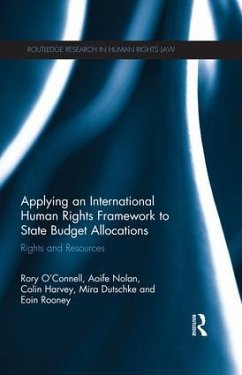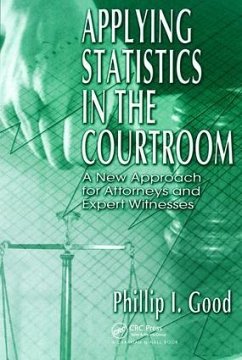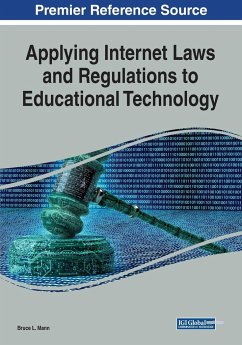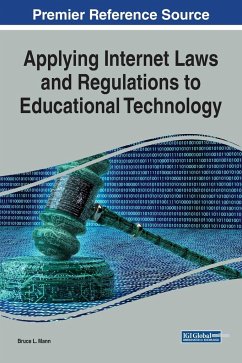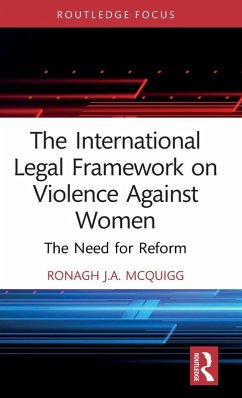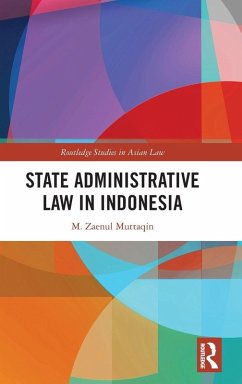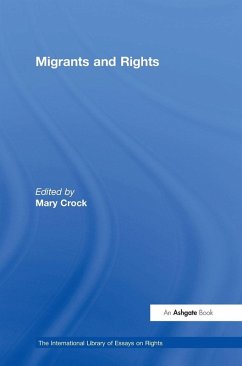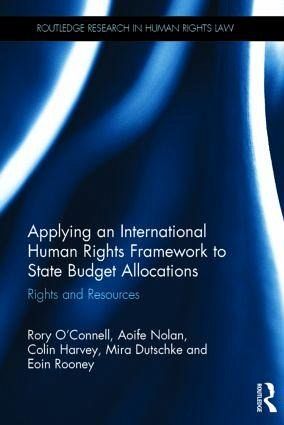
Applying an International Human Rights Framework to State Budget Allocations
Rights and Resources
Versandkostenfrei!
Versandfertig in 1-2 Wochen
176,99 €
inkl. MwSt.
Weitere Ausgaben:

PAYBACK Punkte
88 °P sammeln!
This book looks at how governments' economic and financial decisions impact on socio-economic rights, and considers what human rights obligations governments have in relation to budget allocations. The book analyses the international law obligations binding on signatory states of the International Covenant on Economic, Social and Cultural Rights in relation to budgetary processes and outlines international experiences and comparative practice in relation to economic and social rights budget analysis and budgeting.





